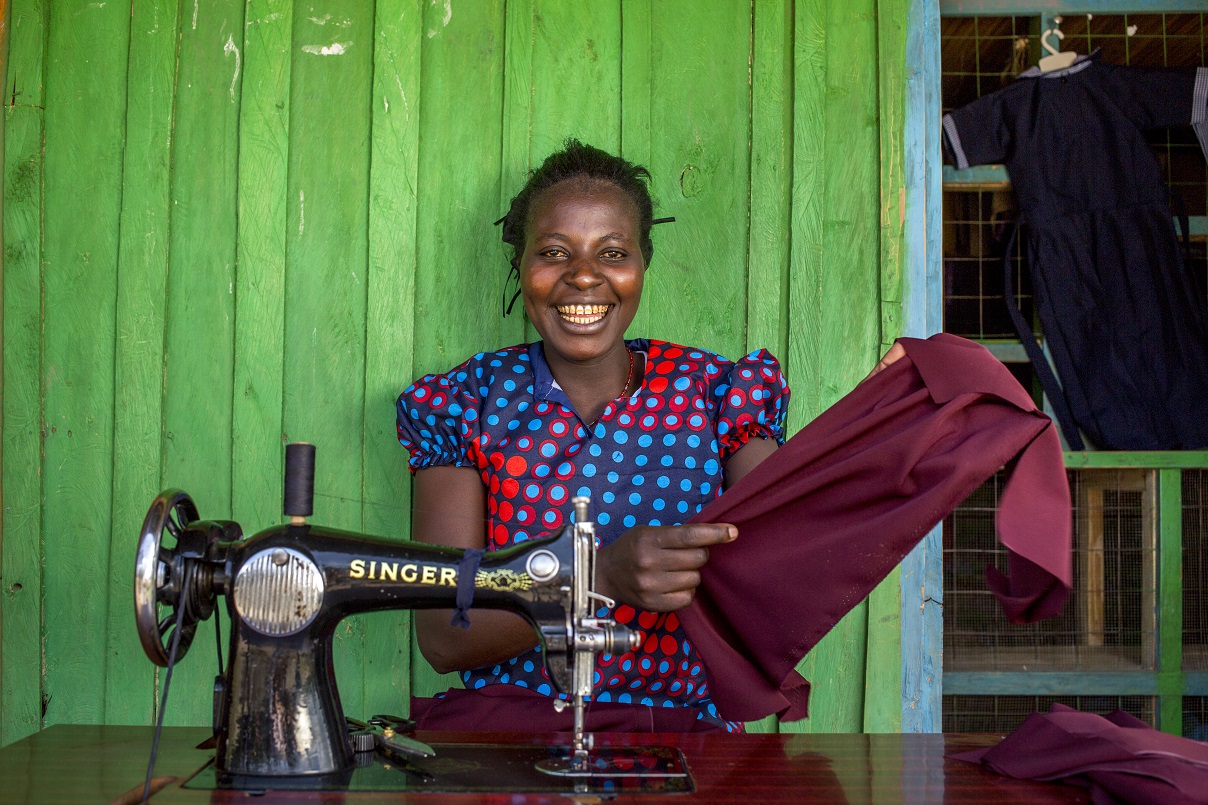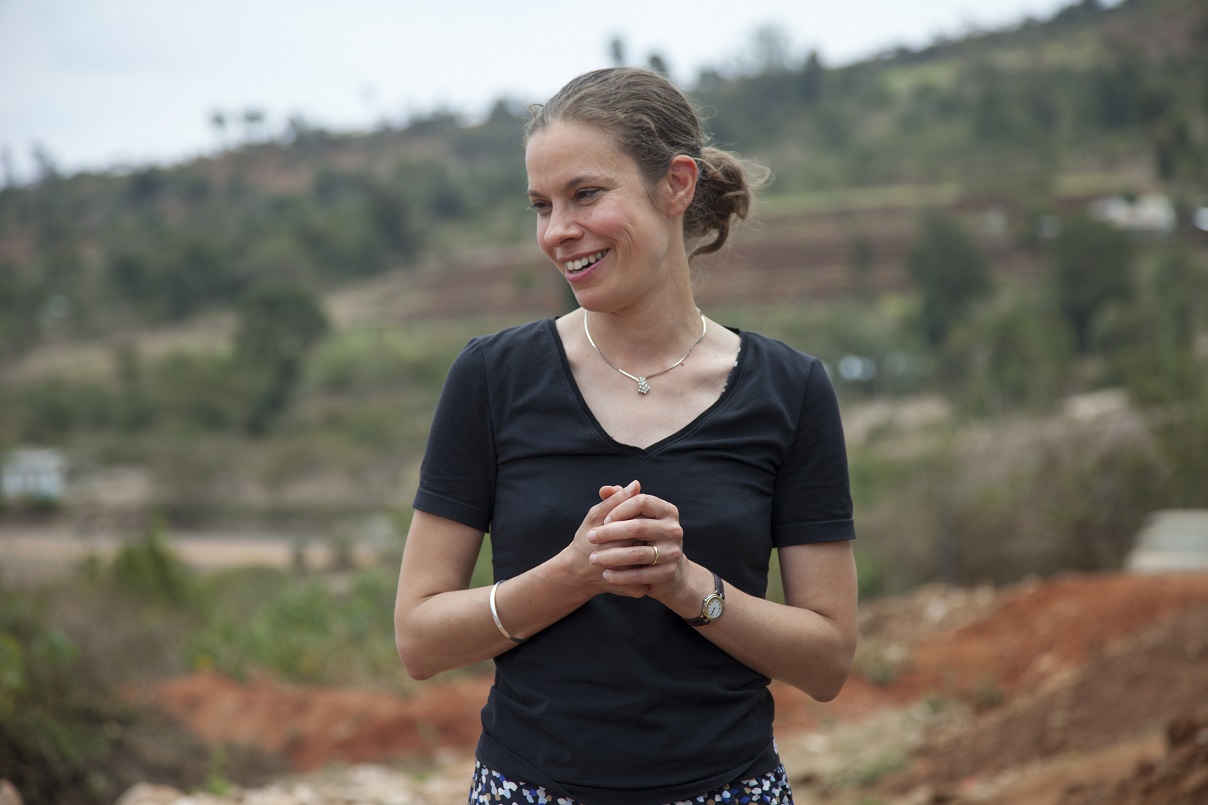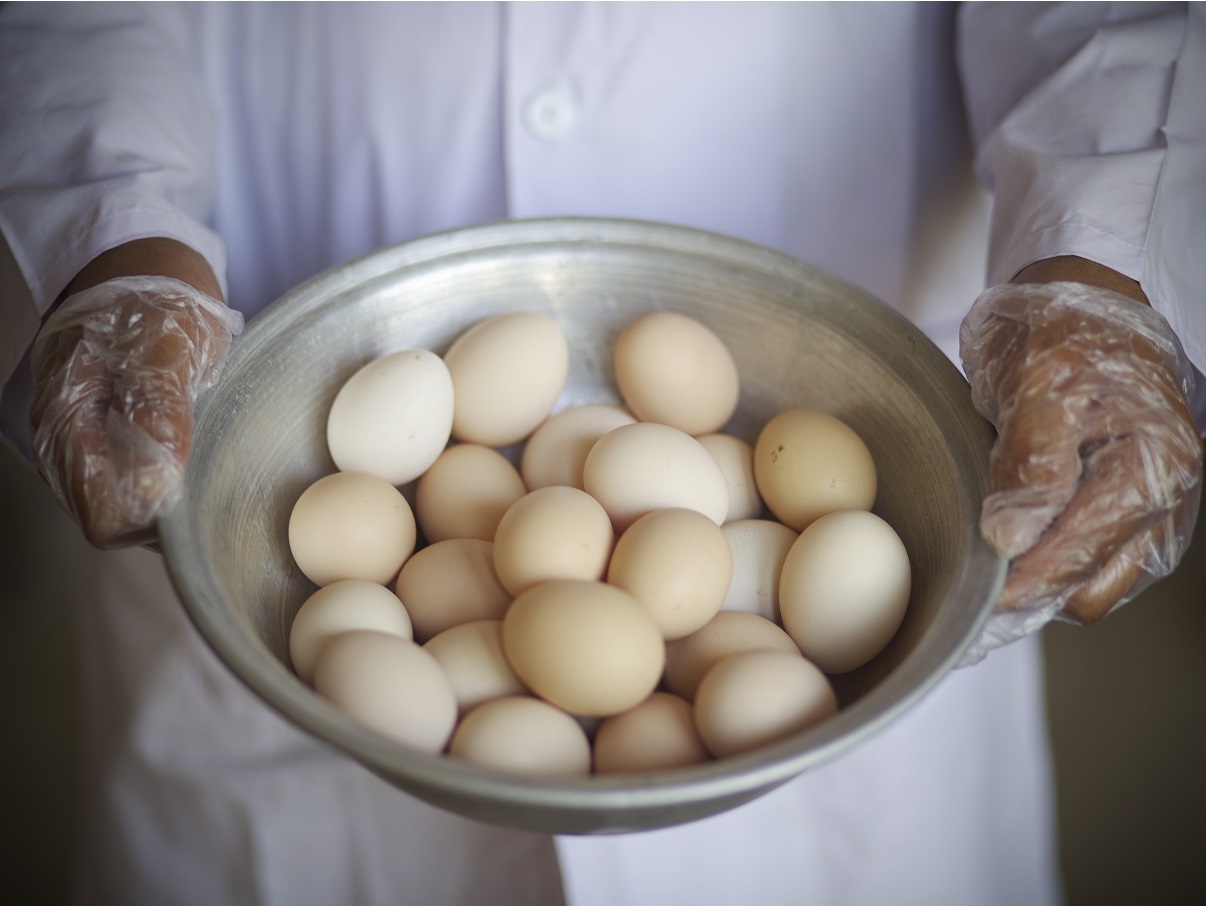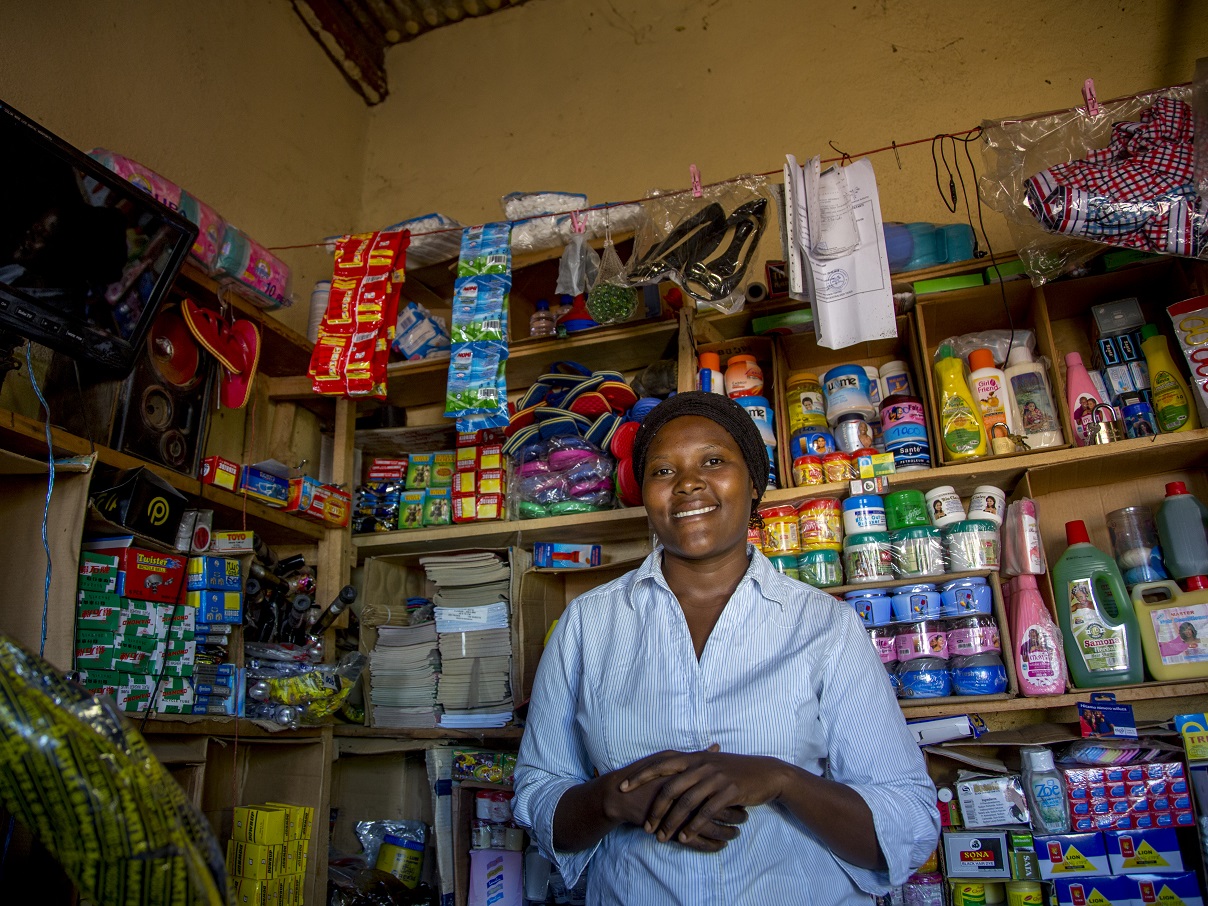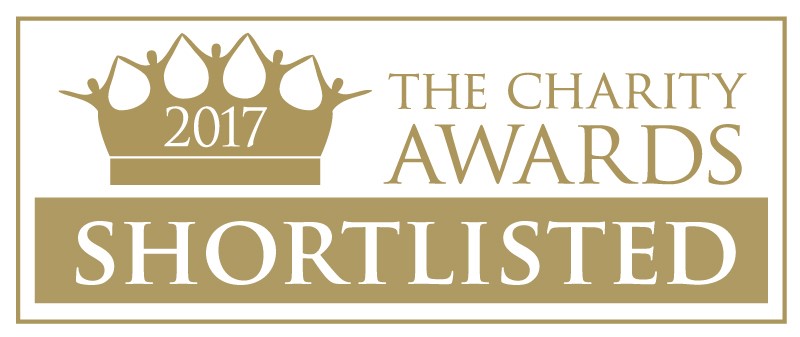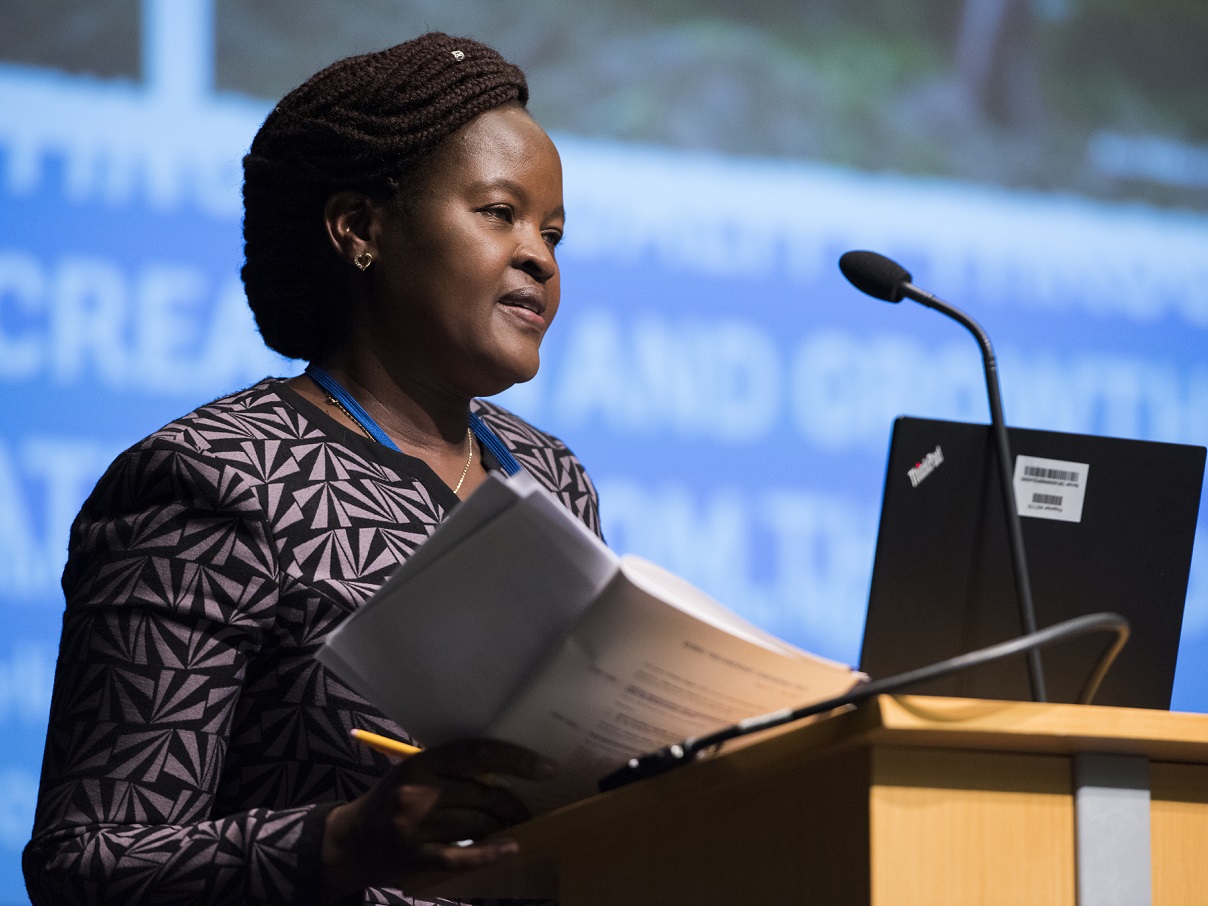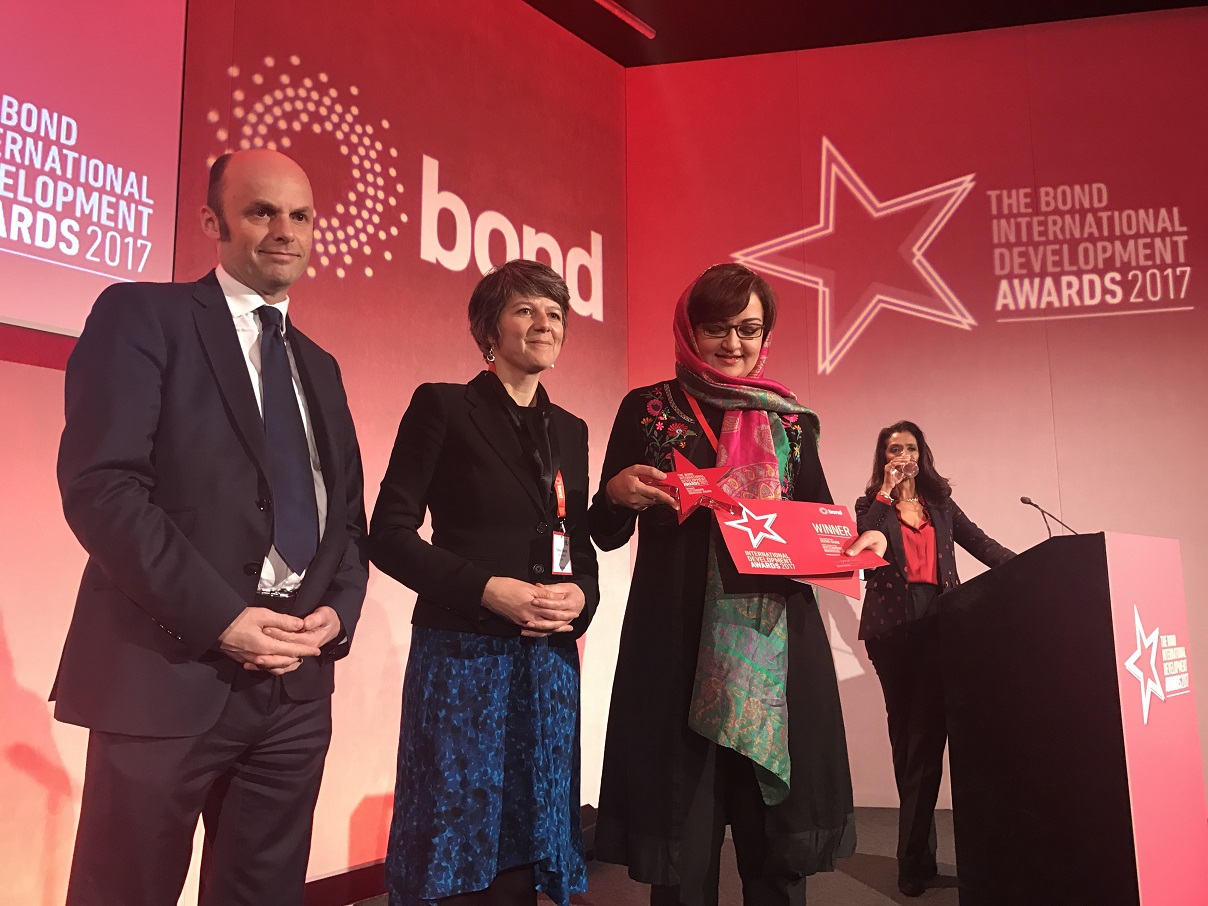Visa and Hand in Hand’s entrepreneur training communities boosts incomes in Nairobi’s most deprived communities: Kenya Micro-Enterprise Success Programme, Endline report by 60DB
Members saw an average income uplift of USD $156 per month
Hand in Hand’s Kenya Micro-Enterprise Success Programme (KMES) project, funded by Visa Inc., has resulted in entrepreneurs typically increasing their incomes by USD $156 per month, according to a report by 60DB.
The project is the first of its kind to target existing small business owners as well as first-time entrepreneurs. Delivered in Nairobi’s informal settlements, which the UN describes as “some of the most dense, unsanitary and insecure slums in the world,” the project aimed to boost local economies, create jobs, and lift families out of poverty.
The three-year programme provided 8,200 start-up entrepreneurs (6,560 of them women) living below the poverty line with the core business training they needed to start their own micro enterprises. It also provided advanced training to 1,600 people (1,280 of them women) who already owned and operated small businesses in the area, as part of its ‘accelerator’ cohort.
The report found:
– Members are now more resilient, and report improved ability to meet financial needs, with 91% and 94% of start-up and accelerator members respectively able to come up with the funds to cover an emergency.
– Start-up members increased their profitability by an average of 15%, earning an additional USD $150 a month. Accelerator members boosted their businesses’ profits by an average of 95%, earning an additional USD $192 a month.
– Women in both cohorts are now more involved in joint decision-making with their spouses. 54% of women in the start-up cohort and 56% of women in the accelerator cohort make joint decisions with their spouse when it comes to matters regarding health, visiting friends and family and large purchases.
– Members continue to see changes in their quality of life a year after the Hand in Hand training. 97% of start-up members and 95% of accelerator members say their quality of life has improved because of the Hand in Hand training still a year later.
